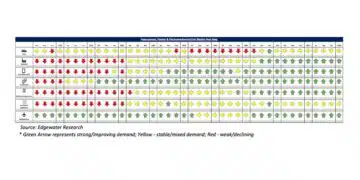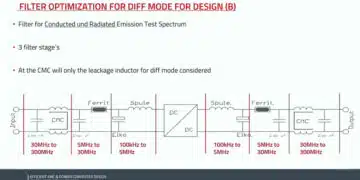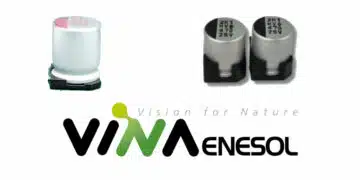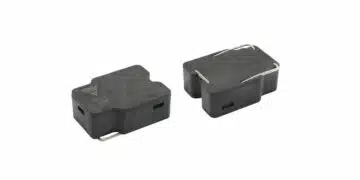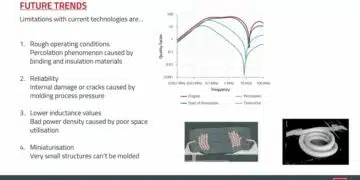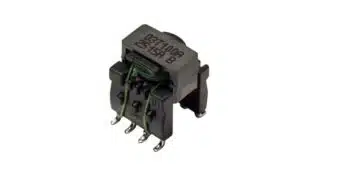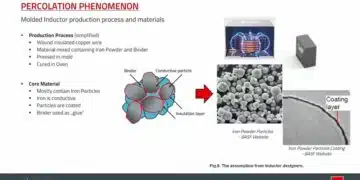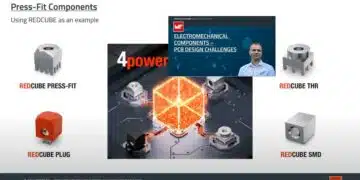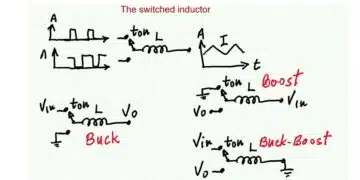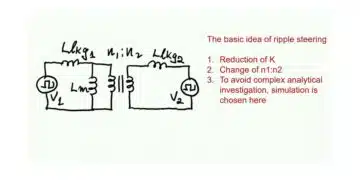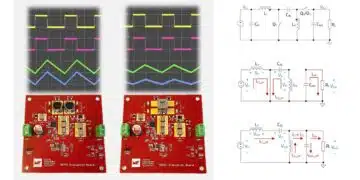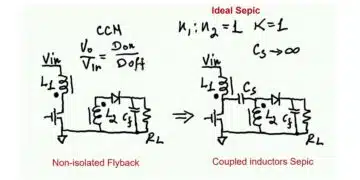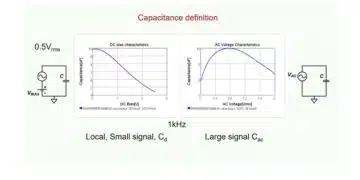This Vishay webinar is introducing resistors for EVs and other automotive applications. It discusses the development of the electric vehicle market, target applications, and basic resistor functions.
This webinar on resistors for EVs is dedicated for designers who are developing energy-efficient and reliable electronic systems to support four-wheel, as well as two- and three-wheel, electric vehicles.
The technologies discussed focus on Vishay’s high performance resistor solutions including
- Resistors for gate driver circuits
- Power Metal Strip®
- Temperature sensing solutions (NTC and PTC) thermistors mounted into systems that experience high vibrations, high power, and high voltages in confined areas.
Source:
Vishay Intertechnology


